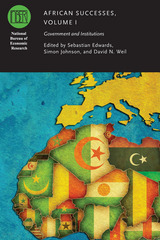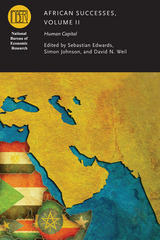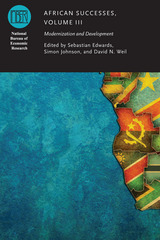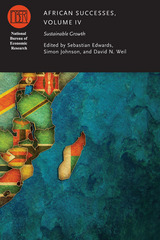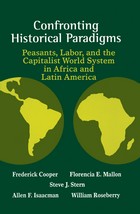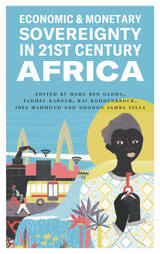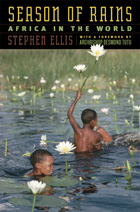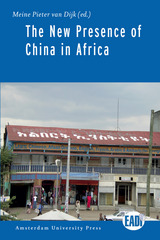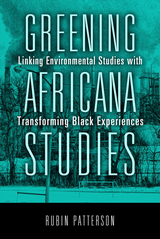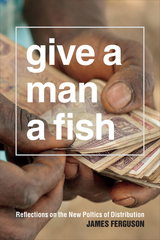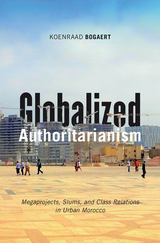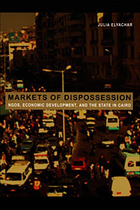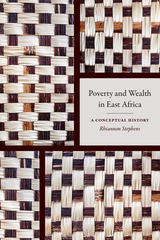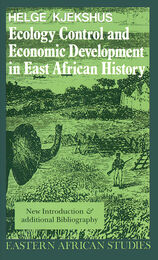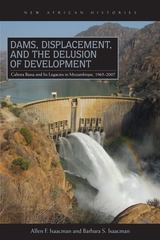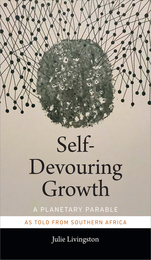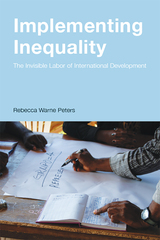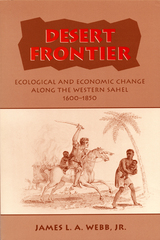Greening Africana Studies: Linking Environmental Studies with Transforming Black Experiences
Temple University Press, 2014
Paper: 978-1-4399-0872-3 | Cloth: 978-1-4399-0871-6 | eISBN: 978-1-4399-0873-0
Library of Congress Classification HC800.Z9E5593 2015
Dewey Decimal Classification 338.9607
Paper: 978-1-4399-0872-3 | Cloth: 978-1-4399-0871-6 | eISBN: 978-1-4399-0873-0
Library of Congress Classification HC800.Z9E5593 2015
Dewey Decimal Classification 338.9607
ABOUT THIS BOOK | AUTHOR BIOGRAPHY | REVIEWS | TOC | REQUEST ACCESSIBLE FILE
ABOUT THIS BOOK
Insufficient attention has been given to the environment in Africana studies within the academy. In Greening Africana Studies, Rubin Patterson initiates an important conversation explaining why and how the gap between these two disciplines can and should be bridged. His comprehensive book calls for a green African transnationalism and focuses on the mission and major paradigms that identify the respective curriculum, research interests, and practices.
In his original work, Patterson demonstrates the ways in which black communities are harmed by local environmental degradation and global climate change. He shows that many local unwanted land use sites (LULUs), such as brownfields and toxic release inventory facilities, are disproportionately located in close proximity to neighborhoods of color, but also to colleges and universities with Africana studies programs. Arguing that such communities are not aggressively engaging in environmental issues, Greening Africana Studies also provides examples of how Africana studies students as well as members of black communities can prepare for green careers.
In his original work, Patterson demonstrates the ways in which black communities are harmed by local environmental degradation and global climate change. He shows that many local unwanted land use sites (LULUs), such as brownfields and toxic release inventory facilities, are disproportionately located in close proximity to neighborhoods of color, but also to colleges and universities with Africana studies programs. Arguing that such communities are not aggressively engaging in environmental issues, Greening Africana Studies also provides examples of how Africana studies students as well as members of black communities can prepare for green careers.
See other books on: African American neighborhoods | Climatic changes | Environmental aspects | Environmental degradation | Sustainable development
See other titles from Temple University Press


